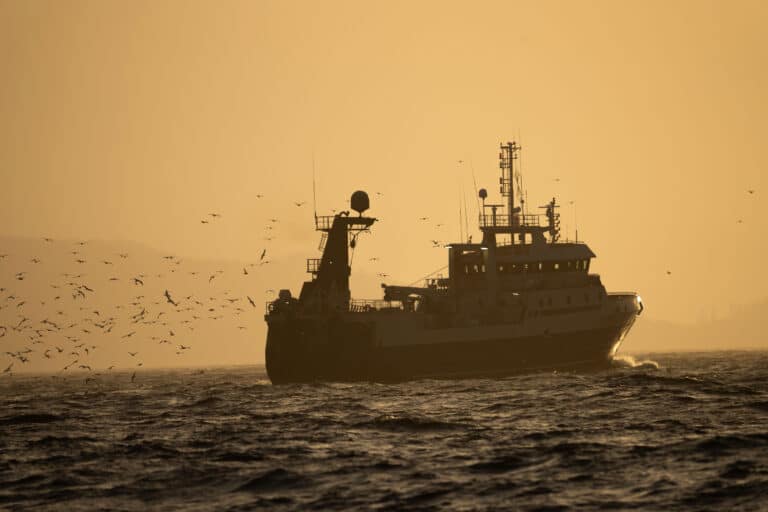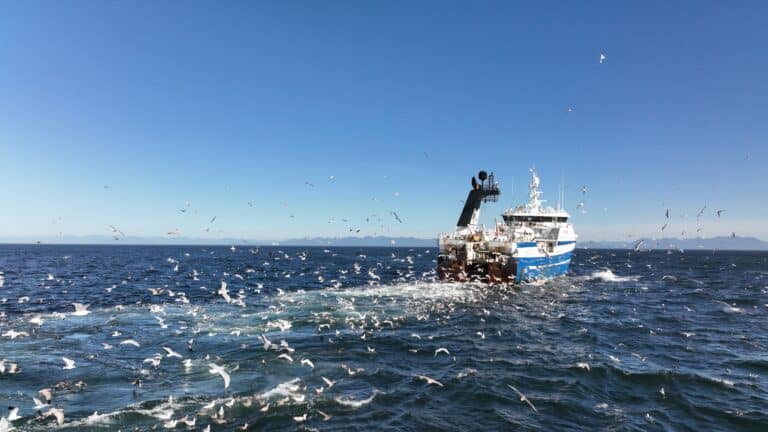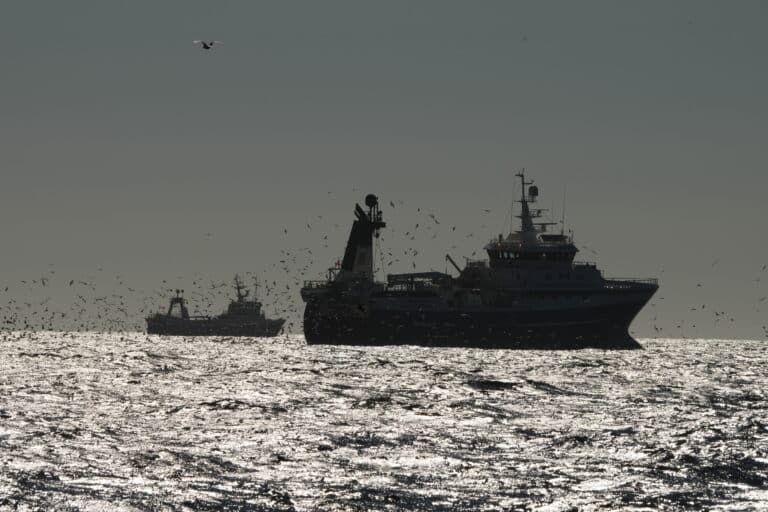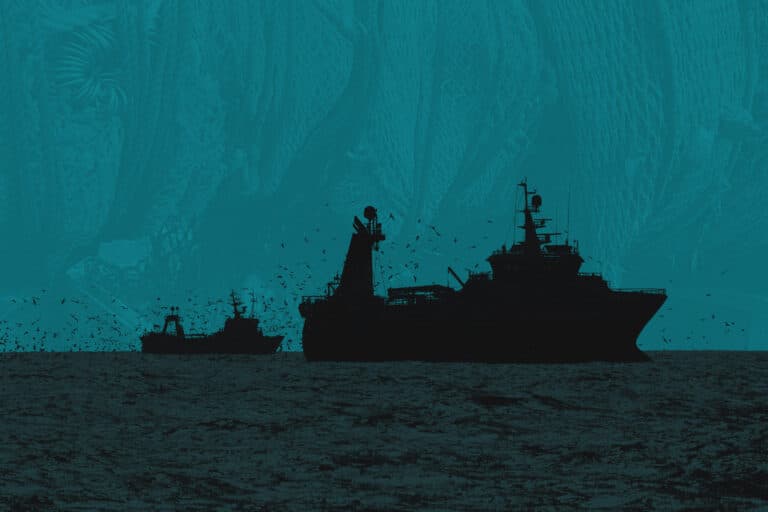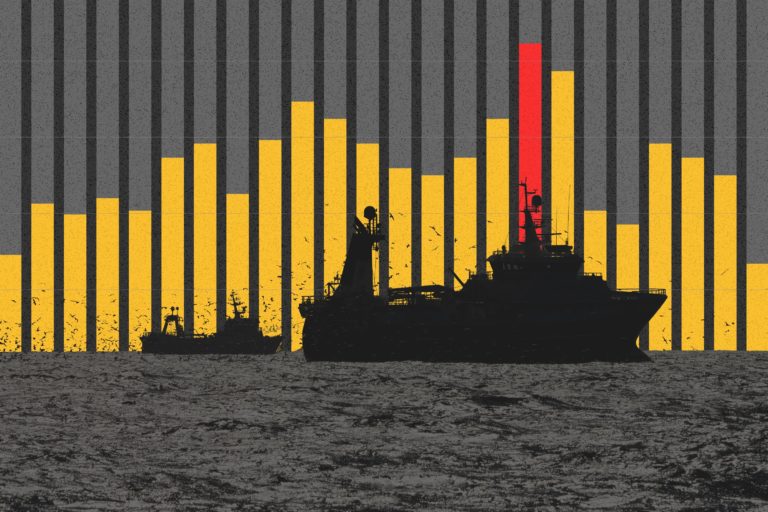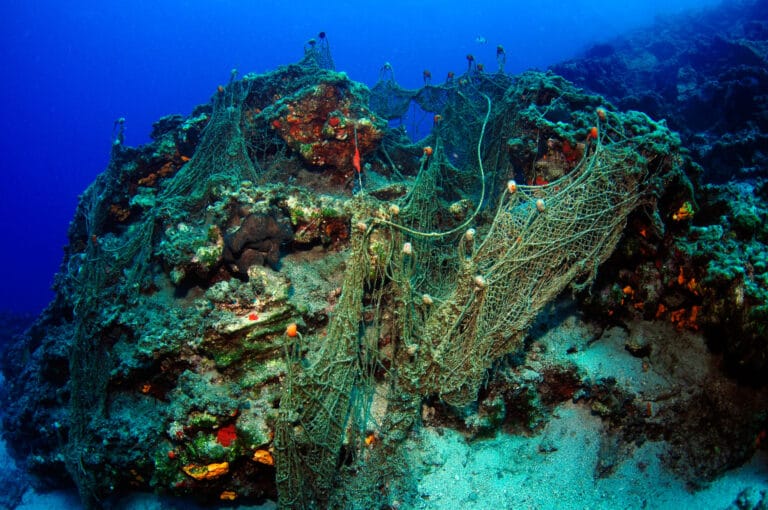As Fisheries and Oceans Canada (DFO) continues to designate new MPAs, bottom trawling and other destructive fishing methods must be banned and other fishing types must be managed effectively. Food, Social and Ceremonial fisheries are integral and this right is enshrined in the constitution and should be upheld within MPAs.
In February 2017, the Hecate Strait/Queen Charlotte Sound Glass Sponge Reefs Marine Protected Area was designated. This MPA covers 2,410 km² and has contributed 0.04% to Canada’s MPA target of protecting 20% of our oceans by 2020. In this MPA, all activities that disturb, damage, destroy or remove any living marine organism or any part of its habitat from the area is prohibited. This includes closure of the area to destructive bottom trawling practices.
Sadly, this isn’t the case for all Canadian MPAs. Many MPAs are implemented without effective fishing and resource extraction protection. In some MPAs that are implemented for the purpose of protecting the seabed, bottom-trawling is still allowed. Yet, bottom trawling destroys crucial underwater habitat for marine life and is likened to ‘bulldozing’ or ‘clearcutting’ forests. In the United Kingdom, only 5 per cent of all MPAs have banned bottom trawling entirely.
Bottom trawling can catch thousands of tonnes of fish in a single tow — from multiple different species included in the groundfish complex under the management scheme. In addition to the impact this can have on the seafloor, the low-selectivity of this gear type can have disastrous impacts on threatened and endangered species. Yelloweye rockfish are listed under the Species at Risk Act as being ‘Threatened’ and are not allowed to be caught or harmed. However, their protection can’t be ensured due to the low selectivity of bottom trawling which is still allowed in their habitat
Strictly managed MPAs are a necessary and effective tool that can be utilized to conserve vulnerable habitats, species and populations from the destruction of bottom trawling. Proper enforcement and monitoring of MPAs needs to be enacted and First Nations communities should be consulted as rights holders. When it comes to bottom trawling, Canada needs enforceable and actionable regulations in sensitive habitats wherein bottom trawling is not allowed.
